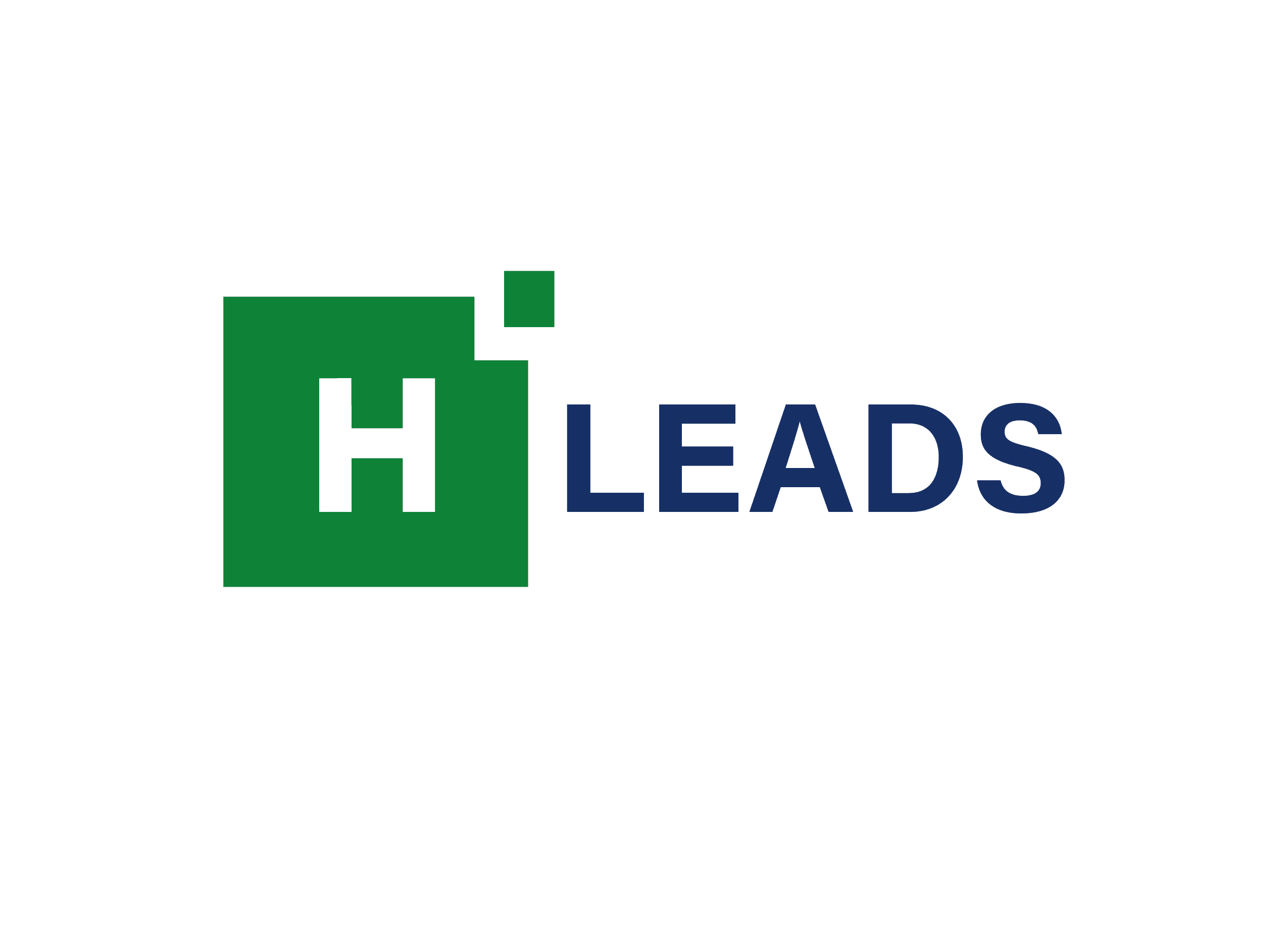It is crucial to harness the potential of #MedEd without succumbing to group-think or politicization, thereby ensuring scientific rigor and better understanding of the determinants of health and treatments that impact our patient populations, urges the medical journal
Acknowledging the swiftness of feedback to medical research on social media, JAMA has urged medical practitioners to transform this trend into a tool for widespread, ongoing learning. The journal wants medical professionals to use #MedEd on social media to reach millions, spread information and debunk misinformation
“Social media’s global reach allows diverse voices to contribute to medical discussions, ensuring a multifaceted understanding of the literature through different lived experiences,” the journal argues in an article on August 29.
“#MedEd communities have the potential to correct inaccuracies in the literature through instant peer review, mitigating the spread of misinformation among experts,” it adds.
JAMA is a peer-reviewed medical journal published 48 times a year by the American Medical Association. It publishes original research, reviews, and editorials covering all aspects of biomedicine.
“The popularity of the hashtag #MedEd underscores this trend. On X, formerly known as Twitter, there were 4 397 691 original posts with the hashtag #MedEd on the platform from January 1, 2012, through 2022, with the number of posts increasing each year, most recently from 692 095 during 2021 to 1 178 647 during 2022,” reads the article ‘MedEd: Medical Education and Knowledge Translation on Social Media.’
“In a transparent, public space, flawed conclusions can be called out and debated, fostering a culture of scrutiny and intellectual rigor. #MedEd allows direct communication with knowledge gatekeepers and original investigators,” the article adds.
While the hashtag #MedEd is a vital indicator of this community, the applications of social media in healthcare are larger and more diverse, encompassing various platforms and approaches for professionals, educators, and students to share, discuss, and learn from the latest research findings and clinical experiences, the journal explains.
“The evolution of what is broadly called #MedEd has implications for how we understand and translate medical advancements and challenges us to explore the potential educational benefits of social media in the health sciences,” the article reads.
The article also traces the evolution of the use of social media by the medical professionals over the years.
“A decade ago, 90% of physicians used social networking sites, with 65% doing so for professional reasons, and 96% of medical students reported using social media as a learning aid. Yet, how health professionals actually use social media including studying what they create, what they engage with, and what they share is unexplored, despite the growth in #MedED and increased social media engagement during the COVID-19 pandemic.”
According to the Association of American Medical Colleges, the number of physicians in the US who maintain an affiliation with an academic health care institution continues to decline. Therefore, it is easy to imagine that social media can be an equitable vehicle for continuing medical education for some (especially global) health professionals who lack access to academic medical institutions.
“We should foster #MedED by encouraging and rewarding social media engagement among health organizations, medical schools, and their member communities. Institutions could also explore systematic strategies to reward quality #MedEd, such as considering it when deciding appointments and promotions,” the JAMA recommends. “It is crucial to harness the potential of #MedEd without succumbing to group-think or politicization, thereby ensuring scientific rigor and better understanding of the determinants of health and treatments that impact our patient populations.”
Also read: Doctors and scientists quitting social media amid trolling, fueling misinformation


















Add Comment